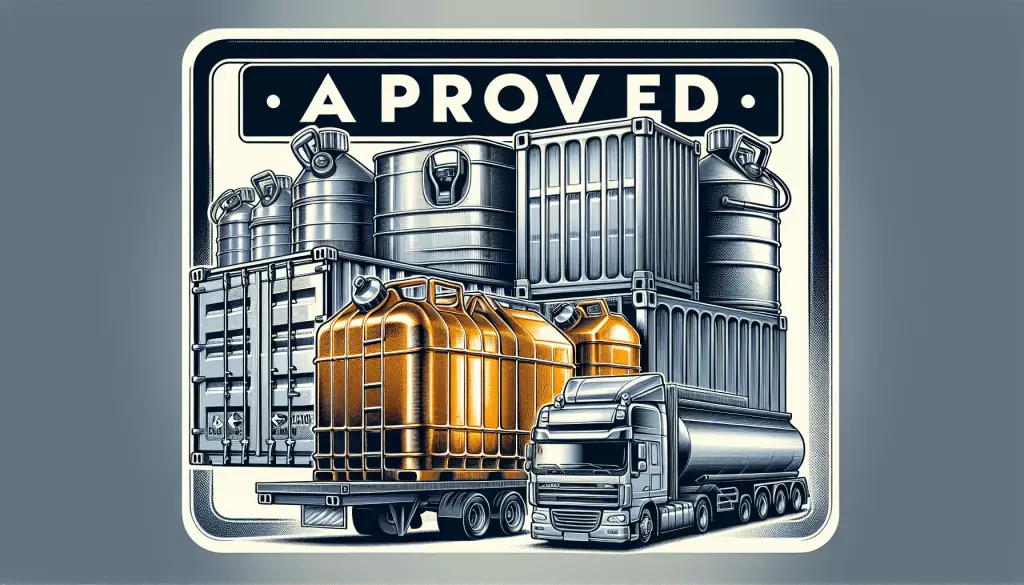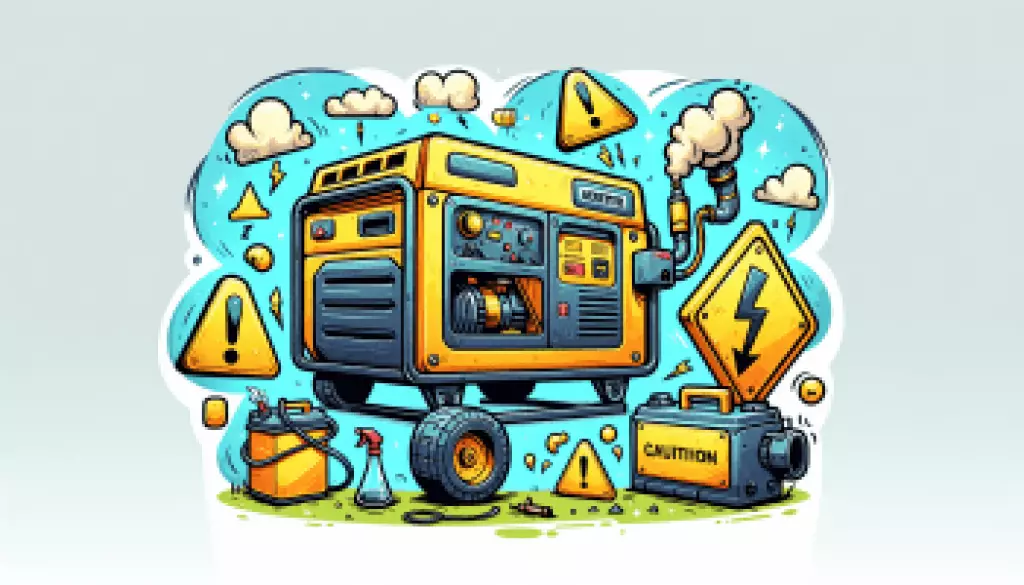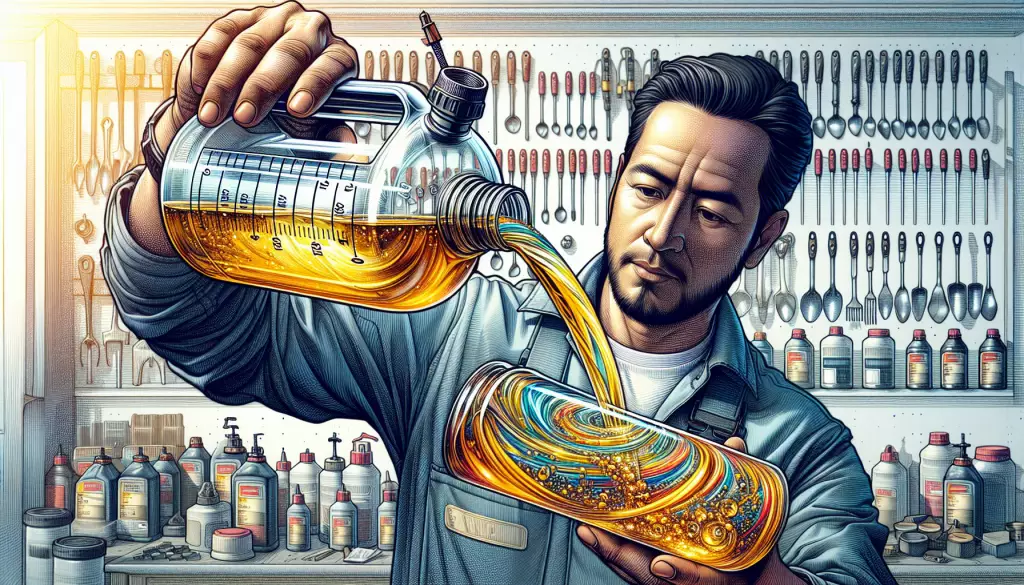How To Properly Dispose Of Petrol After Use
Need to get rid of old petrol? Don’t risk fines or environmental harm! ‘How to dispose of petrol’ safely is essential knowledge for any petrol handler. This guide helps you navigate the do’s and don’ts, making sure you comply with the law and protect our environment. Expect practical steps, disposal site guidance, and tips to prevent future waste – everything needed for responsible petrol disposal.
Key Takeaways
- Petrol disposal is governed by a complex set of regulations like the Environmental Permitting Regulations 2016 in the UK, which are crucial for environmental protection and public safety.
- Petrol must be carefully prepared for disposal using appropriate containers and methods to prevent pollution and health hazards before it is taken to a designated disposal or recycling centre.
- Future waste prevention strategies include efficient fuel management and exploring alternatives to petrol engines, which can help decrease the environmental impact of petrol use.
Understanding Petrol Disposal Regulations
Navigating the regulatory labyrinth surrounding hazardous waste disposal, particularly petrol disposal, is pivotal for environmental stewardship and public well-being. It’s not simply a matter of convenience; it’s a legal and moral imperative to understand and abide by the guidelines that govern the safe passage of this potentially hazardous waste from our hands to its final resting place.
We’ll unpack these regulations, each piece of knowledge adding to the protection of our environment and the health of our communities.
The Legal Framework for Fuel Waste
The intricate web of legislation that blankets the UK’s approach to fuel waste is not to be underestimated. From the foundational Environmental Protection Act 1990 to the meticulous Hazardous Waste Regulations 2005, each piece of legislation plays a crucial role in scripting the narrative of petrol disposal.
The Environmental Permitting Regulations 2016 serves as the latest act in this ongoing saga, ensuring that the story of our fuel waste is one of responsibility and care. Following these guidelines doesn’t merely fulfil a legal obligation; it contributes to our planet’s well-being narrative.
Risks Associated with Improper Disposal
When disposed of improperly, petrol can become a villain in the story of our environment, wreaking havoc on human health and casting a long shadow over our ecosystems. The risks are not merely theoretical but alarmingly tangible—chemical reactions from mishandling can generate new hazards, such as air pollution, while the spectre of soil and groundwater contamination looms large, threatening to disrupt the intricate web of life that sustains us and causing environmental damage.
Preparing Petrol for Disposal

Before embarking on its final odyssey, petrol must be prepared with the utmost care—a process as crucial as the planning of a space mission. The right container, the careful transfer, and each step, are a testament to our commitment to safety and the environment.
We’ll discover how to prepare our old petrol for disposal with the necessary precision and respect.
Choosing the Right Container
Selecting the vessel that will carry petrol on its final voyage is a decision of great consequence. Metal containers, with their robust form and resistance to static, stand as reliable sentinels for this task. Alternatively, HDPE containers offer a lightweight yet sturdy barricade against the potential perils of transport. These containers are not just receptacles but guardians, certified to shield the environment from the risks that petrol, if left unchecked, could pose.
Ensuring Safe Transfer of Fuel

Transferring petrol, one of the most common highly flammable liquids, into its travel container must be approached with the precision of an alchemist, ensuring that not a single drop spills outside the alchemical bounds of its approved vessel. This crucial stage in the preparation process demands our full attention and respect for the volatile nature of the substance we are handling.
Locating Your Local Recycling Centre
The quest to find a noble steward for our spent petrol leads us to the local recycling centre—a beacon of environmental responsibility. These centres stand ready to accept our petrol, transforming it from a potential peril into a pillar of sustainability.
We’ll learn how to locate these disposal havens and ensure that they accept petrol, making our old petrol readily accepted.
Contacting Local Authorities
The local council holds the map to the treasure trove of information on petrol disposal—a resource as valuable as the guidance of a seasoned explorer. They illuminate the path to the designated facilities, ensuring our journey to dispose of petrol meets with success and compliance.
Connecting with these authorities provides us with the knowledge to confidently and legally proceed with our mission.
Compliance with Recycling Centre Protocols
Upon arrival at the recycling centre’s gates, we must adhere to the established protocols—a pledge of allegiance to environmental safety. These centres are not mere drop-off points, but sanctuaries where petrol is handled with the expertise and care it requires.
We entrust our old petrol to the skilled hands of facility staff, who will oversee its transformation from waste to worth.
Transporting Petrol to Disposal Facilities

The journey of petrol to the disposal facility is fraught with regulations and safety considerations—a pilgrimage that must be undertaken with the utmost respect for the laws of the land.
Together, we’ll navigate through these regulations, making sure our transport complies while demonstrating our commitment to the environment.
Secure Transportation Measures
The vessels that carry petrol to their final destination must be as secure as a fortress, adhering to stringent regulations that uphold the safety of all. Metal and HDPE containers, with their tight-fitting lids, serve as the steadfast knights in this endeavour, protecting their precious cargo from the perils of the journey.
These measures are not just precautions but pledges to prevent harm from even the slightest misstep.
Understanding Hazardous Waste Labels
Hazardous waste labels speak a dialect of caution and care, a communication crucial to the safe transport of petrol. Like the heraldry of old, these labels and placards announce the nature of the cargo to all who encounter it, ensuring that it is handled with the reverence it demands.
In the world of hazardous materials, knowledge is not just power—it is protection, a shield against the risks of ignorance.
Eco-Friendly Disposal Options
As we turn our gaze toward the horizon of sustainability, eco-friendly disposal options for petrol emerge, shining a light on the innovative ways we can reduce our environmental footprint. These options are not just alternatives; they represent a revolution in how we think about and handle end-of-life fuels.
We’ll examine the eco-friendly possibilities that await our old petrol, where it can be repurposed and reused.
Benefits of Recycling Petrol

The alchemy of recycled petrol transforms what was once waste into a source of new potential—a metamorphosis that carries profound benefits for our environment. Through processes that mimic nature’s cycles, recycled petrol is purified and prepared to serve once more, reducing the burden on our planet and paving the way for a cleaner future.
Striving for purity isn’t merely an act of recycling; it reflects our respect for the delicate balance of our ecosystems.
Finding Reuse Opportunities
In the quest for sustainability, old petrol may find new life in unexpected places, from aiding in the creation of varnishes to powering the controlled burn of brush piles. The potential for reuse beckons, offering a second chance for this versatile substance to prove its worth beyond the tank. But with great potential comes great responsibility—ensuring the safety and quality of recycled petrol is paramount as we navigate the possibilities with caution and care.
Handling Small Quantities of Petrol

The tale of disposing of a small quantity of petrol is one of diligence and detail, where even the smallest drops must be treated with the same gravity as a full tank. This chapter of our journey focuses on the microcosm of petrol disposal, where the principles of safety and environmental protection hold regardless of scale.
At-Home Disposal Considerations
The saga of petrol disposal may sometimes unfold within the confines of our abodes, where the guiding light of local regulations ensures that even the most modest amounts are handled with care. In these instances, our homes become the stage for a responsible ritual of disposal as we navigate the regulations that safeguard our environment from potential harm.
Specialised Services for Small Quantities
For those who possess but a small bounty of petrol to dispose of, specialised services offer a lifeline, providing the means to ensure that this task is accomplished with due diligence. These services, from mobile collection units to community-wide events, are the allies in our quest to dispose of petrol safely, ensuring that even the smallest quantities are treated with the utmost respect and care.
Preventive Measures for Future Petrol Waste
As guardians of our environment, we must not only focus on the disposal of petrol but also on the strategies to prevent its wastage. These proactive steps provide a defence against potential environmental harm, fostering a sustainable relationship with petrol.
Efficient Fuel Management
Efficient fuel management is the key to unlocking a future with reduced petrol waste—a future where every drop of fuel is optimised for maximum impact. By embracing strategies that enhance our vehicles’ performance and minimise unnecessary consumption, we pave the way for a more fuel-efficient, waste-conscious world.
Alternatives to Petrol Engines
The narrative of petrol disposal takes an exciting turn with the introduction of alternatives to traditional engines—innovations that harness the power of recycled carbon fuels and reduce our reliance on finite resources. These alternatives represent a new chapter in our quest for sustainable energy, one where the environmental impact of our transport choices is significantly diminished.
Summary
We have traversed a landscape rich with the knowledge of how to dispose of petrol responsibly, from understanding regulations to embracing eco-friendly alternatives. The journey has equipped us with the tools and insights necessary to turn the page on hazardous waste disposal, inspiring us to act as stewards of the environment in every step we take.
Visit the Generator-Pro website for more information on How To Properly Dispose Of Petrol After Use






